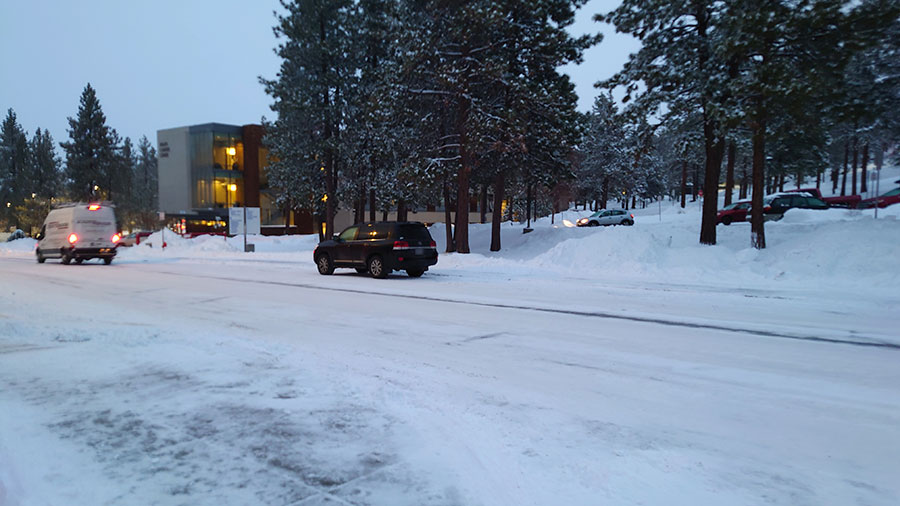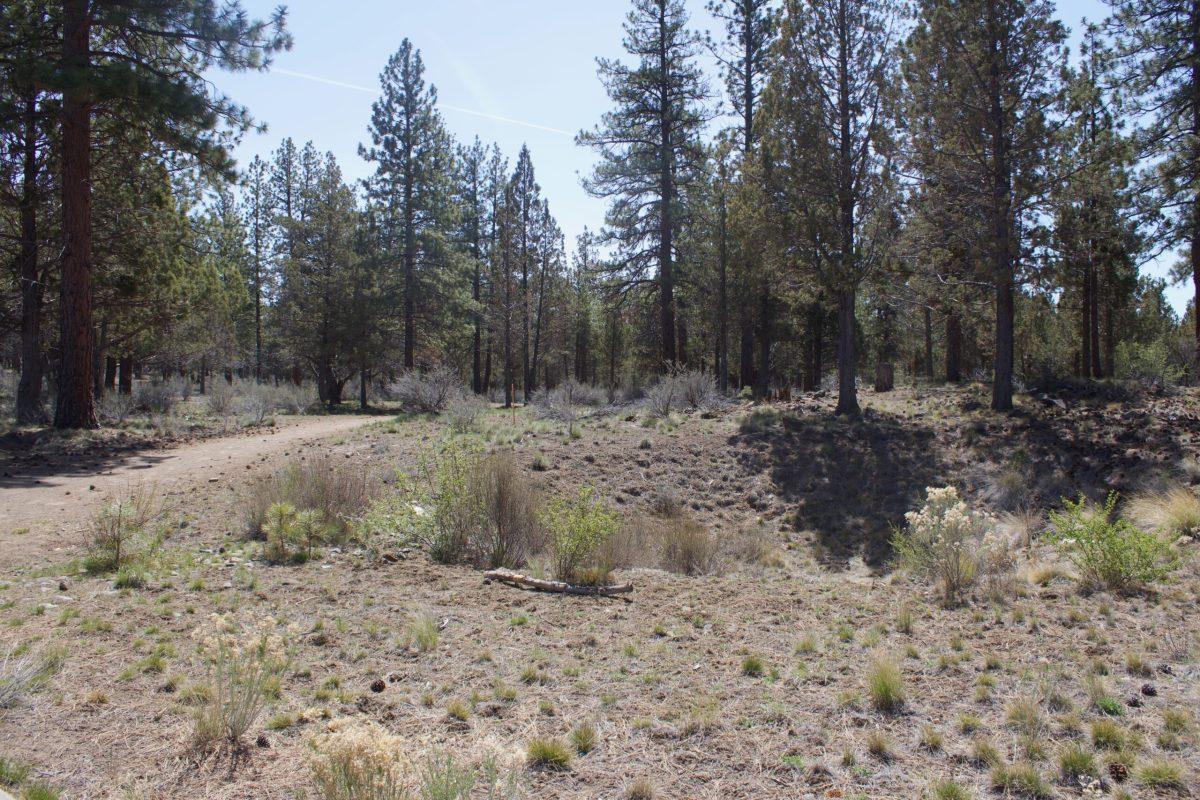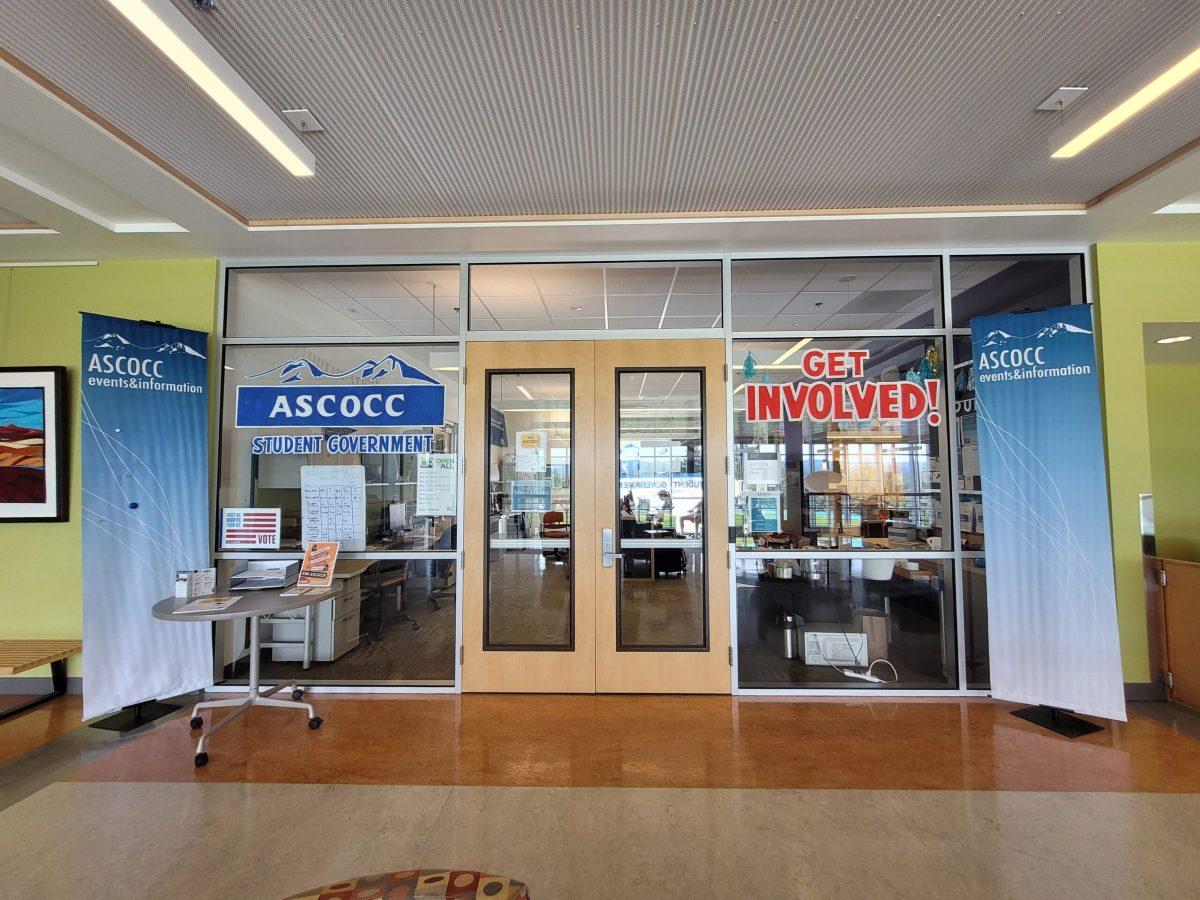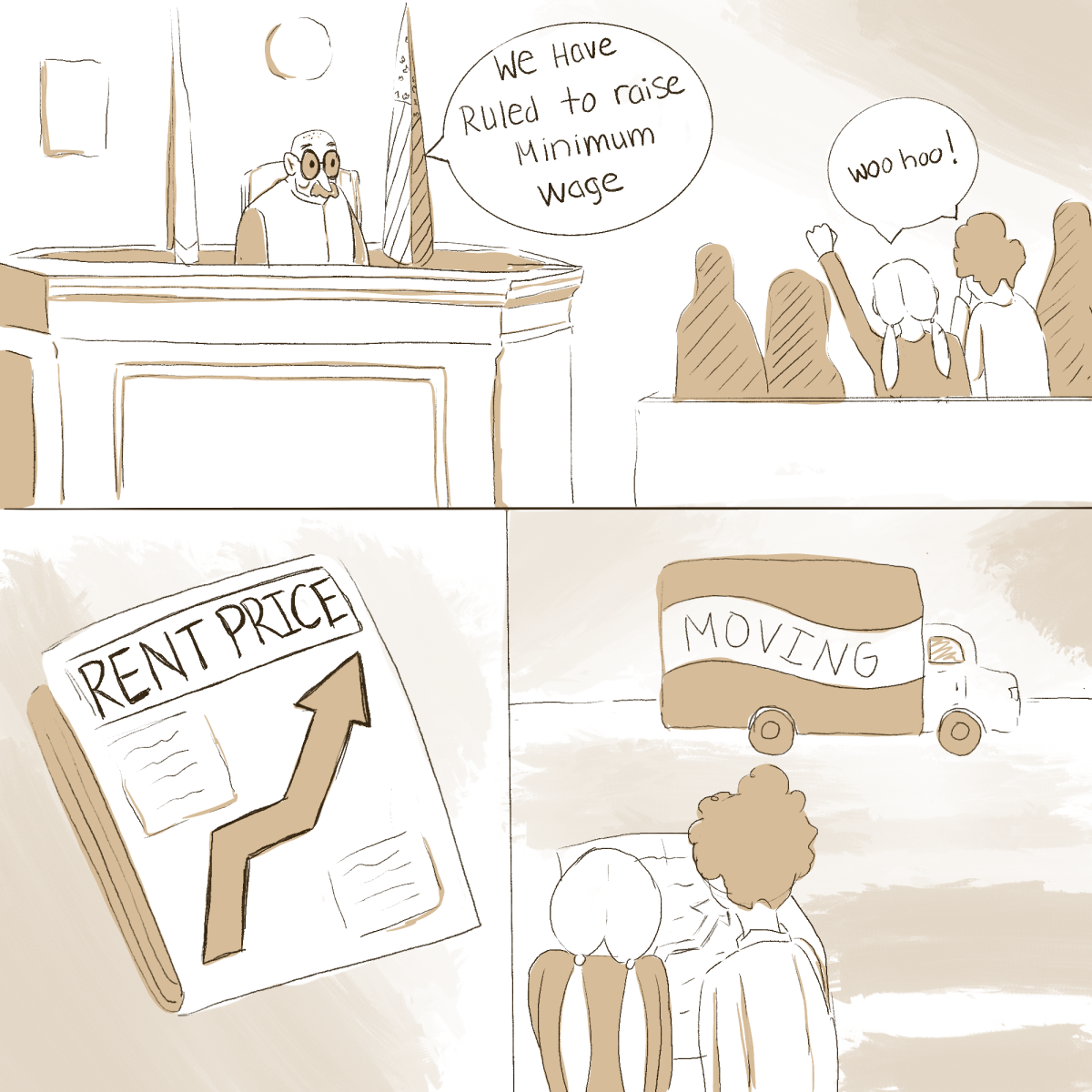For many years, Central Oregon Community College has owned three of four corners of the intersection between Mt. Washington Drive and Shevlin Park Road. This land, which sprawls from east of the Cascade Culinary Institute to NW Reserve Camp Court, has been deemed the Campus Village.
To develop this land, COCC entered into an agreement with William Smith Properties, Inc. in 2010. Since then, minimal progress has been made on any developments.
Recently, however, three projects have begun some phase of planning or development. These include a subdivision of homes, a multifamily housing complex and a 55+ living community.
Though William Smith Properties, Inc. is the master developer of Campus Village, their role is to find and vet developers that want to build in Campus Village, said Dr. Laurie Chesley, COCC President. Thus, the company will not actually develop any land, but only coordinate projects for other developers.
Curtis Homes, LLC. is one such developer. They plan to develop a subdivision of homes near the southwest corner of the intersection between Mt. Washington Drive and Shevlin Park Road. Named Outcrop, this subdivision will involve a collection of homes, each with an additional dwelling unit on their property.
These additional units could one day serve as student housing, said Jim Clinton, member of COCC’s Board of Directors and Real Estate Board.
COCC’s Real Estate Board is a subgroup of the Board of Directors. It handles all of the development decisions for the Campus Village land, among other things.
The other developer that currently has a plan for land in the Campus Village area is Neighborly Ventures, Inc. This company will develop both a multifamily apartment complex and a 55+ living community, said Peter McCaffrey, Director of Leasing and Development at William Smith Properties, Inc.
Despite both being present for Real Estate Board meetings, Dr. Chesley and Clinton gave The Broadside inaccurate information regarding what Neighborly Ventures, Inc. was going to develop. Dr. Chesley believed that Neighborly Ventures, Inc. was solely going to develop a 55+ living community, and Clinton believed the company was solely going to develop a multifamily apartment complex.
Neighborly Ventures will develop both projects, not just one or the other, said McCaffrey.
Dr. Chesley later said that her error was inadvertent and accidental.
Clinton later clarified that he did not mean to imply that the 55+ community was not going to be built, only that it seemed unlikely for it to be built in the next few years.
“Even the first apartment project is not under construction and in the current volatile situation, I wouldn’t be surprised if neither apartment complex was built,” wrote Clinton. His statement was indicative of the overall uncertainty surrounding the planned developments.
The multifamily apartment complex will be built roughly east of the Cascade Culinary Institute. It will have approximately 180 units, and be rented at market rate. According to McCaffrey, Neighborly Ventures, Inc. will be breaking ground some time this summer.
The 55+ living community will likely be built on the southeast corner of the intersection between Mt. Washington Drive and Shevlin Park Road. It is still in the planning and researching stage, said McCaffrey, so no timeline has been set for construction to begin.
The land in the Campus Village was initially gifted to the college. COCC needed money, so they decided to work with William Smith Properties, Inc. to find potential buyers or leasers for the land.
“The goal for COCC is to create a long-term alternative revenue stream to help us meet the educational mission of the College and to help us to not be entirely dependent on traditional revenue streams, such as tuition and state aid,” wrote Dr. Chesley.
Right now, the college has gotten approximately $500,000 from the sale of homes in Outcrop. The college will set aside this money in an interest-earning account.
“Frankly, it may sit there for a while,” said Dr. Chesley.
The Board of Directors will decide how the money will be used. In the long term, it will likely be used to further the educational mission of the college. Dr. Chesley listed a new academic building or program as examples of uses that would enhance COCC’s educational mission.
“It’s shocking how much it costs to go to college,” said Clinton, a Board member. He would like to see the money be used to decrease the cost of attending college.
Land development almost never comes without resistance. Someone who has worked closely with COCC, who will remain anonymous, believes that the multifamily apartment complex development is problematic.
The source had two major objections to the multifamily apartment complex. First, they believed the development eliminated too many trees.
The source said it was understandable that the college would need money, but believed the development could have saved some trees.
“Such a development will eliminate 90% of the tree cover on a pristine tract of natural landscape,” said the source.
They believed the development will not fit with COCC’s cultural precedent that Dr. Pence established when COCC’s Bend campus was first built.
Dr. Pence, the first President of COCC, was very involved in the initial construction of the Bend campus. In Blazing a Trail: The 50-Year History of Central Oregon Community College, Pence was mentioned to walk through the construction zone and point out trees to save. The source thought the planned apartment complex disregarded this legacy.
“Just because [development] is inevitable doesn’t make it right,” said the source.
Second, the source believed an apartment complex that would likely be unaffordable for students and part-time faculty was an inappropriate use of college property.
The average cost of rent in Bend is more than $1,500 per month. This fact makes a large proportion of housing in Bend unaffordable for both students and part-time faculty or staff.
The source questioned whether developing housing adjacent to campus that students and part-time faculty could not realistically rent was a good idea. They would prefer housing developed on Campus Village land to be affordable for the people who are on campus every day.
According to Clinton, the college could insist that a developer build a certain type of project, for example a low income apartment complex. However, if that plan is outside of what the developer wants to build it will not get built, he said.
“I was hoping to see more of a housing project that would have a benefit for students and faculty,” said Clinton. “It would be nice to have an apartment complex that would have an impact on student housing.”
Despite this, the focus of the Real Estate Board, of which Clinton is a member, has been approving projects that will give the college a long-term income stream, not just student housing.
Dr. Chesley said if the money earned from the development was to be used for childcare or student and faculty housing, it would take away from the educational mission of the college.
“We don’t exist to do that work,” said Dr. Chesley.
















